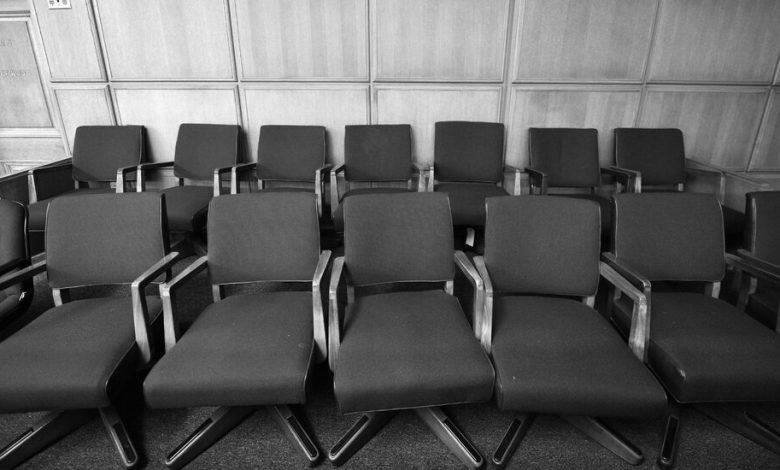I’ve Been a Jury Consultant in High-Profile Cases. Trump Can Get a Fair Trial in New York.

If Donald Trump has been clear about anything, it is this: “I cannot get a fair trial in New York.”
By New York, he means Manhattan, where he won slightly less than 10 percent of the vote in 2016 and about 12 percent in 2020 and where, as one of his lawyers argued last week, “In terms of prejudicial pretrial publicity in this county, this case stands alone.”
Of course, Mr. Trump doesn’t want a fair trial. Like any other criminal defendant, he wants a jury that is biased in his favor. But can he get a jury that is able and willing to give him a fair shake?
My answer, based on my more than 40 years as a jury consultant for politicians, celebrities, Wall Street financiers and others accused of criminal wrongdoing, is that he can. Granted, Mr. Trump is as high-profile and polarizing as a defendant can be. But the adversarial nature of the selection process and the remarkable can-do attitude that jurors so often display result in a fair jury almost always.
For Mr. Trump, we’re about to find out. Jury selection is scheduled to begin Monday in the hush-money trial brought by Alvin Bragg, the Manhattan district attorney. Mr. Trump faces 34 felony charges related to what prosecutors say was a scheme to pay hush money to a porn star to cover up a sex scandal as he was running for president in 2016. He will become the first former president to go on trial on felony criminal charges.
For all of the media attention that has focused on this case and the others Mr. Trump has faced and is facing, in my experience, well-instructed juries have shown time and again that they can put aside what they have learned outside the courtroom and focus on the evidence presented inside the courtroom. What is likely to unfold in the trial will undoubtedly absorb the jurors’ full attention. Having sworn to the court that they will shelve their preconceptions, the jurors are likely to focus on the evidence and follow it to where it leads. Our brains tend to focus on what’s in front of us, and the evidence in this case surely will be compelling for the jurors.
That said, Mr. Trump might prove to be his greatest enemy. Several studies have raised concerns about jurors turning to the internet for case-relevant information while serving on juries, even though they had been instructed not to consider outside information. This might present a challenge for Mr. Trump if he continues to salt the internet with invective. Even so, a carefully instructed jury should be able to sideline his vitriol in favor of the evidence.
